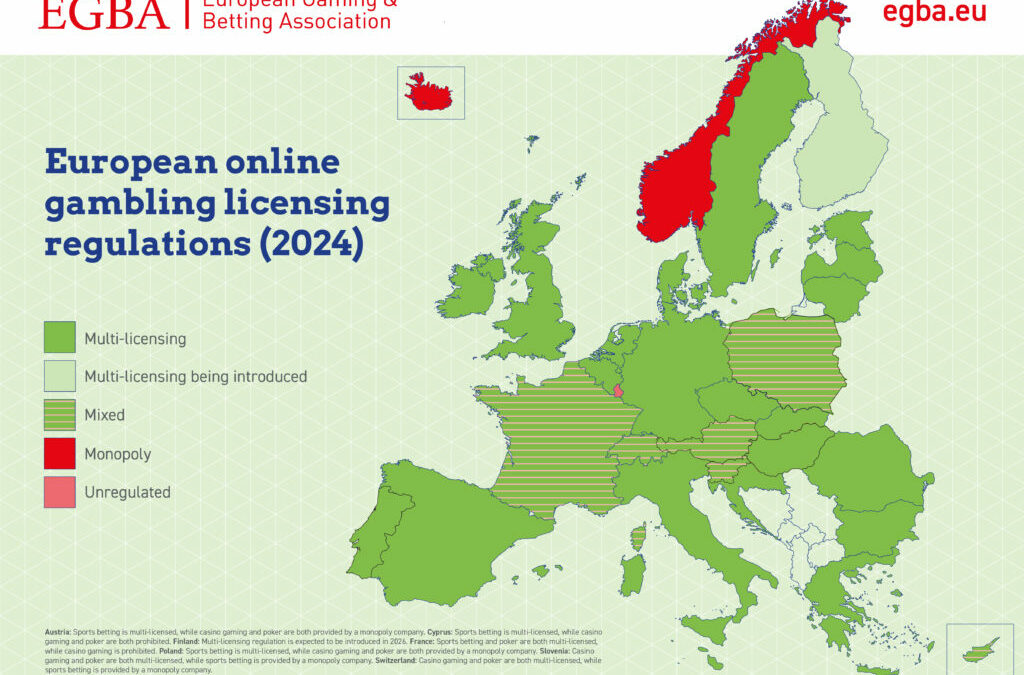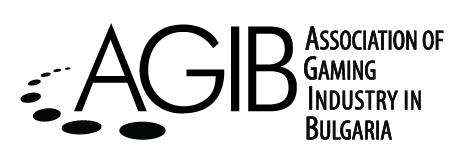A new analysis by EGBA concludes that 27 out of 31 European countries employ some form of multi-licensing for online gambling, with an overwhelming majority implementing a full multi-licensing approach.
In recent years, Europe has experienced a remarkable transformation in online gambling regulation. Just fifteen years ago, the landscape was vastly different. Most European countries lacked dedicated regulations for online gambling or operated under exclusive rights models where only state-owned entities had a monopoly to offer online gambling services.
But fast forward to today and the situation has evolved significantly. A new analysis by the European Gaming and Betting Association (EGBA) concludes that the multi-licensing model has become the predominant regulatory approach in Europe. Under this model, multiple companies are permitted to offer online gambling services within a country, provided they comply with strict regulatory obligations.
Key findings of the analysis:
- 27 out of 31 European countries have adopted some form of multi-licensing, indicating a robust trend towards open, competitive markets.
- Four countries currently do not have any form of multi-licensing: Finland, Iceland, and Norway maintain exclusive rights models, granting state-owned entities a monopoly over all online gambling services, while Luxembourg lacks dedicated regulations for online gambling.
- Of the 27 countries with multi-licensing, 23 countries have a full multi-licensing model for all regulated online gambling products in those countries.
- Four countries have a mixed model with partial multi-licensing: Slovenia and Switzerland each have a monopoly for online sports betting, while Austria and Poland each have a monopoly for online casino gaming and poker, with multi-licensing for all other online gambling products.
- Cyprus (casino gaming and poker) and France (casino gaming) each impose product-specific prohibitions but both have multi-licensing for all other regulated online gambling products.
- Finland is currently undergoing legislative reforms, and is expected to establish a multi-licensing framework for online gambling in 2026.
Source: Home Page – EGBA




